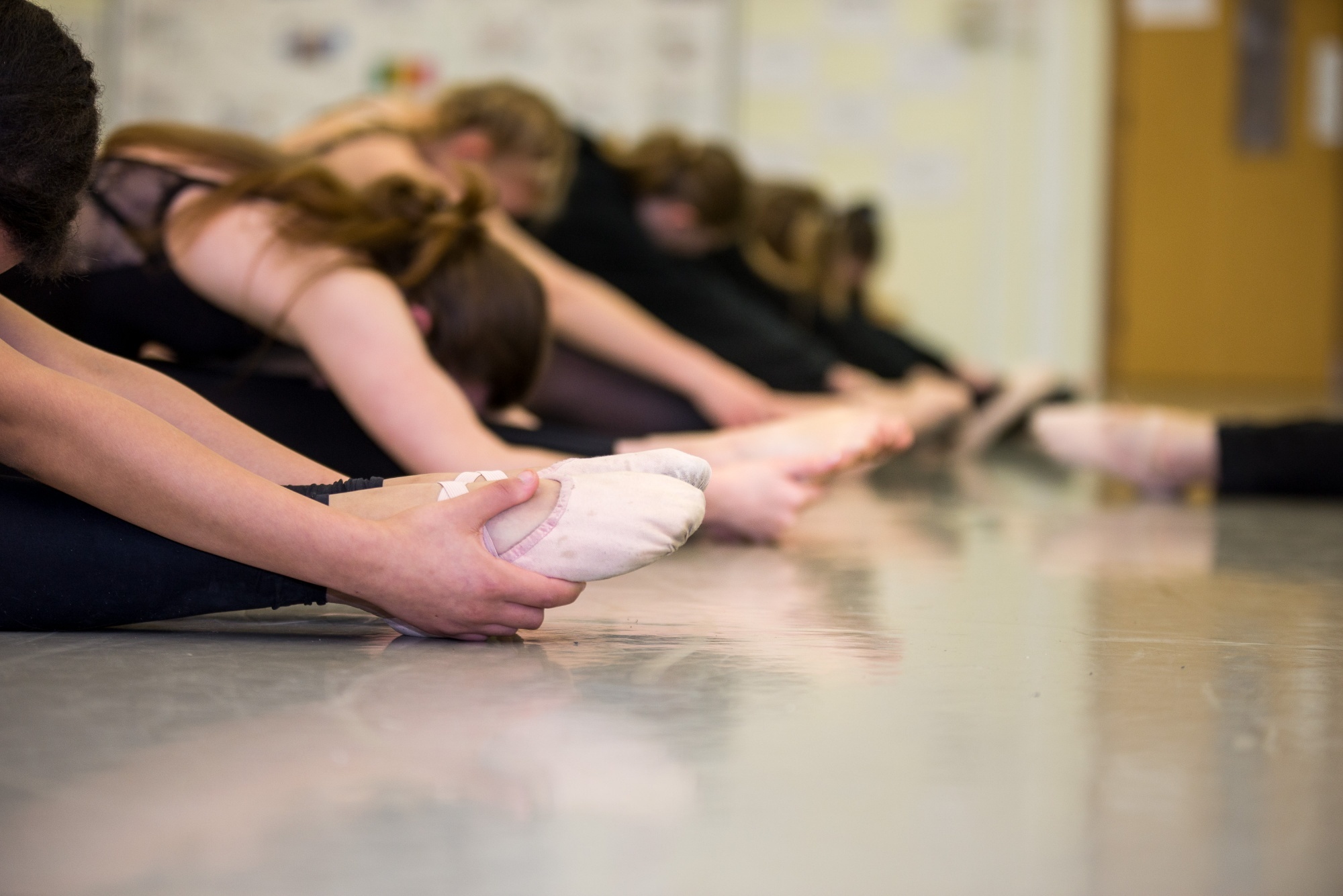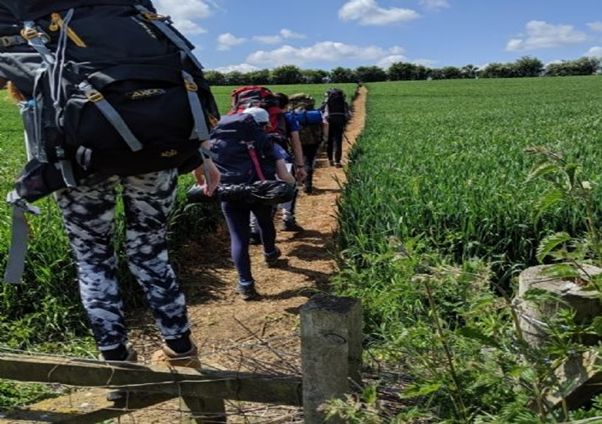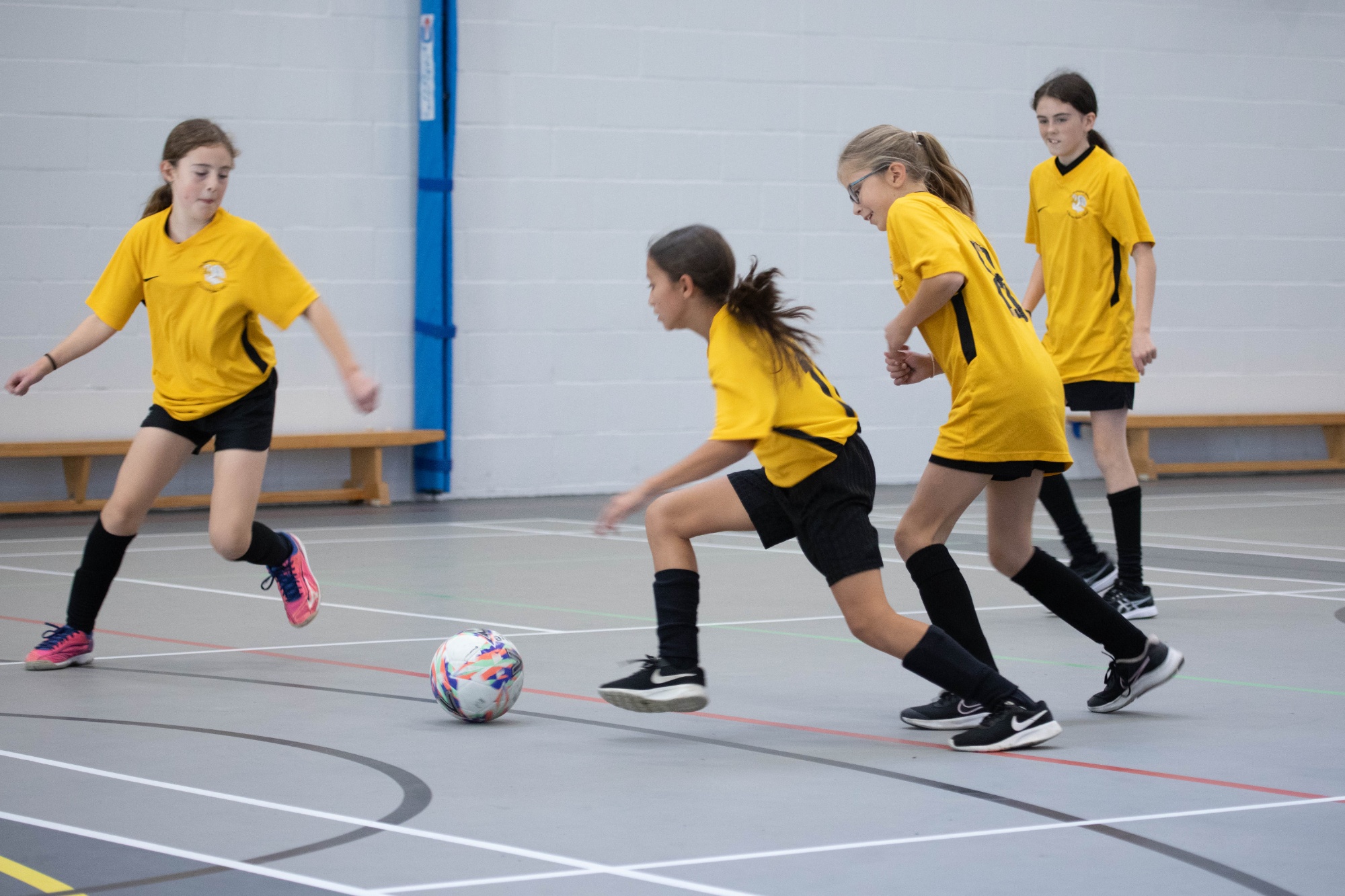Geography
Geography Department Curriculum Intent
The Geography Curriculum is designed to develop curiosity, encourage critical thinking, and foster a lifelong interest in understanding the world around us. At KS3, students develop a strong foundation in physical and human geography through dynamic lessons and fieldwork opportunities. At KS4, we deepen geographical knowledge and highlight the subject’s importance in tackling global issues such as climate change, migration, and urbanisation, while building students’ analytical and decision-making skills. At KS5, we prepare learners for further study and careers by promoting independent research, critical evaluation, and an awareness of social and environmental responsibility. Throughout all key stages, we nurture inclusivity, confidence, and a global perspective, equipping students to navigate and contribute to an interconnected world.
Geography Department Ethos
At the heart of our Geography Department is a steadfast commitment to kindness and respect, forming the foundation of a thriving, inclusive learning environment. Guided by these values, we strive to inspire curiosity, critical thinking, and a deep sense of global responsibility in every student:
Engagement at Key Stage 3: Through place-based exploration and thought-provoking enquiries, we spark students’ curiosity about the world around them. By examining physical landscapes and human interactions, students begin to see geography as a dynamic lens through which to understand our planet.
Independence at Key Stage 4: Building on early engagement, we foster independence by encouraging students to think critically, interpret data, and evaluate geographical issues. They develop resilience and initiative as they navigate complex global challenges, from climate change to urbanisation.
Exemplary at Key Stage 5: As students prepare for life beyond school, we champion integrity, informed decision-making and global citizenship. Our students emerge as thoughtful geographers—analytical, compassionate, and committed to contributing to a more sustainable and equitable world.
Careers linked to Geography
- Environmental Consultant: Provides advice on environmental issues to organisations and companies.
- Environmental Consultant: Provides advice on environmental issues to organisations and companies.
- Environmental Scientist: Conducts research on environmental problems like pollution and climate change.
- Nature Conservation Officer: Works to protect and manage natural habitats.
- Cartographer: Creates maps and charts for various purposes.
- Urban Planner: Plans and manages urban development, including land use and infrastructure.
- Transport Planner: Manages transport networks and solves traffic-related issues.
- Landscape Architect: Designs and manages outdoor spaces, including parks and gardens.
- Risk Analyst: Identifies and assesses risks related to natural hazards and other environmental issues.
- Development Worker: Works in international development, often with a focus on environmental or social issues.
- Government/Local Government: Works in policy or analytical roles, or uses GIS skills in government agencies.
assessment
| Year | Assessment | Number of Assessments per year |
|---|---|---|
|
7 |
End of unit assessments at end of each unit. |
4 assessments. |
|
8 |
End of unit assessments at end of each unit. |
4 assessments |
|
9 |
End of unit assessments at end of each unit. |
3 assessments (no assessment for final unit due to Year 9 selecting options) |
|
10 |
End of unit assessments at end of each unit. Mocks in June (full paper 1) |
3x end of unit assessments 1x full paper 1 mock (2023) |
|
11 |
End of unit assessments at end of each unit. Mocks in November ( mixture paper 1 and 2) Mocks in Feb (full paper 1 , 2 and 3 – where possible). |
3x end of unit assessments (2023) 1x full Paper 1 (2025) 1x full Paper 2 (2025) 1x full Paper 3 (2025) 1x mixed papers 1 and 2 – (2024) |
|
12 |
End of unit assessments at end of each unit. Mocks in June |
4x end of unit assessments (Units 1,2,3 and 4) 1x Full Paper 1 mock 1x partial Paper 2 mock |
|
13 |
End of unit assessments at end of each unit. Mocks in November ( mixture paper 1 and 2) – 2024 papers to be used Mocks in Feb (full papers 1 and 2 – where possible). – 2025 papers to be used |
2x end of unit assessments (2023) 1x Full Paper 1 (2025) 1x Full Paper 2 (2025) 1x mixture (2024) |
Further reading
For GCSE Geography
Core Textbooks & Revision Guides
- AQA GCSE (9–1) Geography Second Edition – by Ross, Rowles, Holmes and Digby. - Comprehensive coverage of the AQA syllabus, including fieldwork and case studies.
Wider Reading (Enrichment)
- Prisoners of Geography – by Tim Marshall - A bestselling book helping to understand geopolitics.
- The Power of Geography – by Tim Marshall – A book exploring ten regions that are set to shape global politics in a new age of great-power rivalry.
- How Bad Are Bananas? The Carbon Footprint of Everything – by Mike Berners-Lee - Fun and informative, great for climate change and sustainability topics.
For A-Level Geography
Core Textbooks & Study Guides
- AQA A-Level Geography (2nd Edition) – by Ross, Griffths, Bayliss et al.
Focused on AQA content, with fieldwork and exam guidance.
Wider Reading & Synoptic Thinking
- Factfulness – by Hans Rosling
Encourages critical thinking about global development and data interpretation. - Geography: Ideas in Profile – by Danny Dorling
A thought-provoking overview of key geographical concepts from a leading academic. - Why Geography Matters – by Nicholas Crane
Makes the case for geography’s relevance in the 21st century; great for synoptic links. - There Is No Planet B – by Mike Berners-Lee
Sustainability-focused, relevant to climate change and human-environmental interaction.
Learning journey
| YEAR 7 | ||||||||||||||||||||||||||||
|---|---|---|---|---|---|---|---|---|---|---|---|---|---|---|---|---|---|---|---|---|---|---|---|---|---|---|---|---|
|
| YEAR 8 | ||||||||||||||||||||||||||||
|---|---|---|---|---|---|---|---|---|---|---|---|---|---|---|---|---|---|---|---|---|---|---|---|---|---|---|---|---|
|
| YEAR 9 | ||||||||||||||||||||||||||||
|---|---|---|---|---|---|---|---|---|---|---|---|---|---|---|---|---|---|---|---|---|---|---|---|---|---|---|---|---|
|
| YEAR 10 | |||||||||||||||||||||||||||||
|---|---|---|---|---|---|---|---|---|---|---|---|---|---|---|---|---|---|---|---|---|---|---|---|---|---|---|---|---|---|
|
| YEAR 11 | ||||||||||||||||||||||||||||
|---|---|---|---|---|---|---|---|---|---|---|---|---|---|---|---|---|---|---|---|---|---|---|---|---|---|---|---|---|
|
History A-Level
| YEAR 12 | |||||||||||||||||||||||||||||
|---|---|---|---|---|---|---|---|---|---|---|---|---|---|---|---|---|---|---|---|---|---|---|---|---|---|---|---|---|---|
|
| YEAR 13 | ||||||||||||||||||||||||||||
|---|---|---|---|---|---|---|---|---|---|---|---|---|---|---|---|---|---|---|---|---|---|---|---|---|---|---|---|---|
|
revision resources
Accordion content










